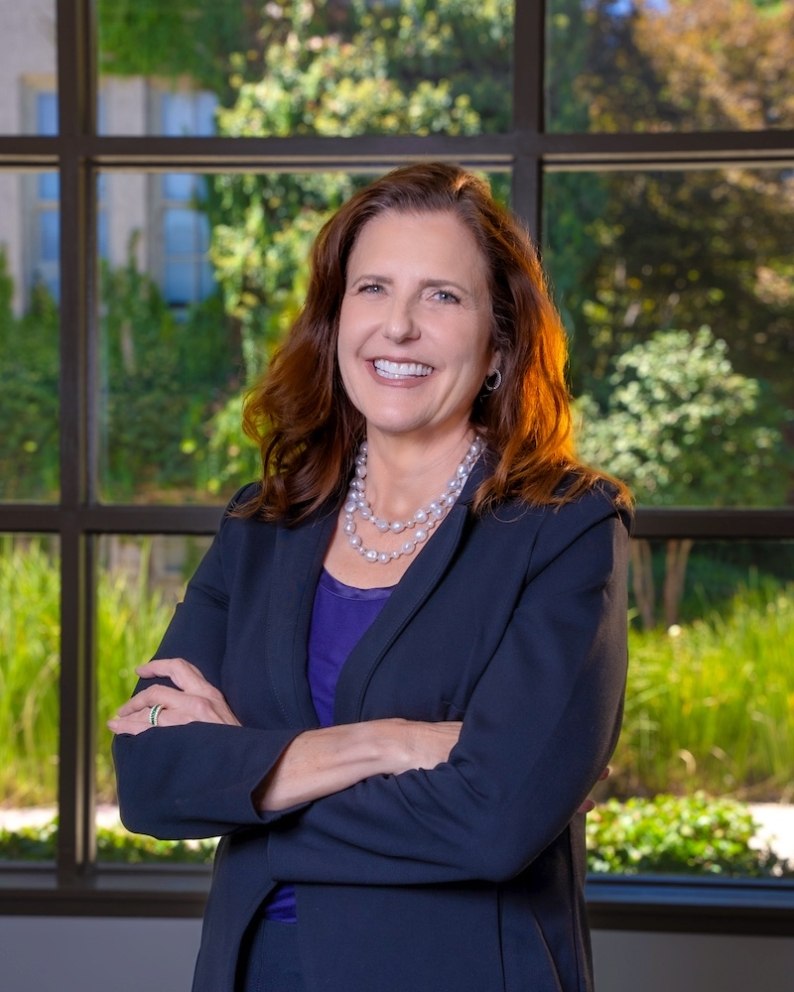 Risa Dickson, PhD, brings nearly three decades of experience in higher education, and 25 years of higher education administrative experience. Throughout her career, Dr. Dickson has focused on fostering collaborative governance, strategic planning, and academic excellence.
Risa Dickson, PhD, brings nearly three decades of experience in higher education, and 25 years of higher education administrative experience. Throughout her career, Dr. Dickson has focused on fostering collaborative governance, strategic planning, and academic excellence.
Prior to joining the University of La Verne as interim provost in January, Dr. Dickson held executive roles at institutions including the University of Toledo and Palo Alto University. She also served as vice president for academic planning and policy at the University of Hawai‘i and spent 24 years at California State University, San Bernardino, in leadership roles including associate provost, executive assistant to the president, and associate dean of the College of Arts and Letters.
Dr. Dickson’s research and leadership expertise include shared governance, strategic academic structures, program review and prioritization, and initiatives supporting first-generation and underserved students. As an American Council on Education Fellow, her scholarly work focuses on student recruitment and retention, fundraising, and tuition-based budgeting. Additionally, she serves on the ACE Council of Fellows Professional Development Committee.
Dr. Dickson is a graduate of the “Becoming a Provost Academy” offered by the American Association of State Colleges and Universities. She earned her Ph.D. in interpersonal and organizational communication and her master’s degree in communication from the University of Southern California, and her bachelor’s in communication theory from California State University, Northridge.
Her leadership aims to ensure a seamless transition as the university searches for its next permanent president.